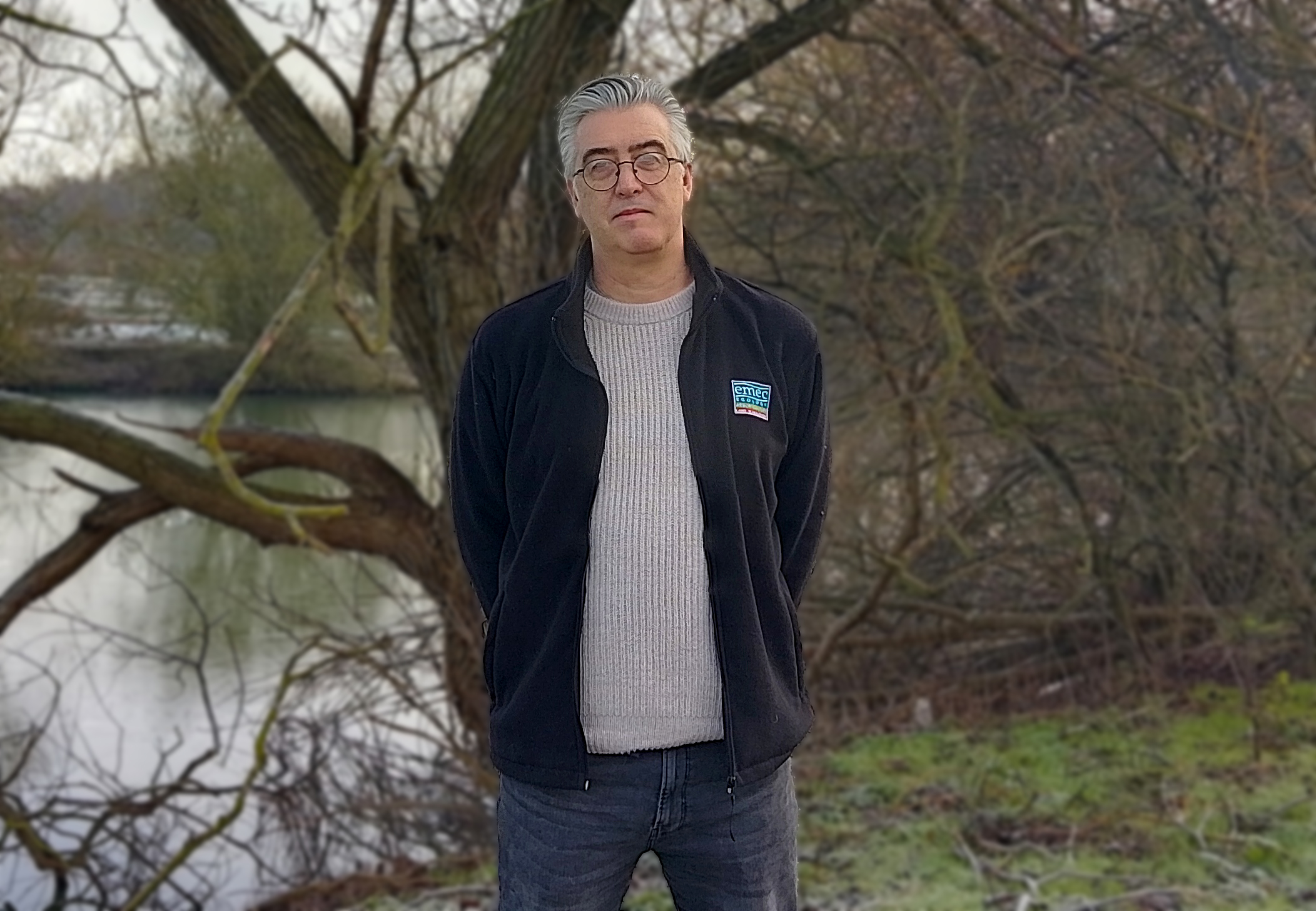Decades of governments tinkering with the pension laws have resulted in a series of bodge-jobs attempting to maintain a system that no longer serves the world we live in. A pensions expert spoke to Real Entrepreneurs' Club about the need to reframe expectations
Pension laws have become political chess pieces. A system that ought to operate in a steady and reliable way has been regularly tinkered with by different governments seeking to exploit the system to win votes.
The consequence?
Confusion. A system that needs to be straightforward has become increasingly complicated to understand. “When it comes to state pensions, there’s no pot of money saved up,” says Mark Smith, director of Intrusted Pensions in Leicester. “The national insurance contribution you make this month will pay for someone else’s pension payment in the same month. You’re not saving your own money for the future – you’re paying for the generation above you, and the one below will eventually pay for you… But there’s no failsafe. So, you should also be paying into your personal pension plan too.” That can get complicated because the laws around personal pensions are changed with alarming regularity. In 2006, a cap was introduced on the maximum amount individuals could save in a personal pension plan without being taxed. This created a problem in the NHS, where the most qualified, senior doctors realised they’d be financially better off to take early retirement, creating a staff shortage. The Conservative government lifted the cap to encourage qualified specialists to return to work. Yet with a general election looming, the Labour party has announced they’d reintroduce the cap.
The Irony?
They’re both trying to fix a system that no longer serves the world of business as it operates today. “The system was built on the assumption that people would have one job for 40+ years, retire at 65, and maybe live until 70. But people don’t stay in one job, or even one industry, for their entire careers anymore. They end up with multiple personal pensions, scattered accounts, and no real autonomy over their savings. “The idea of a ‘pensions dashboard’ to help manage this has been a governmental suggestion for years, but it keeps getting pushed back.” The simplest solution? Everyone has one personal pension associated to their national insurance number that follows them from job-to-job. “The trouble is, larger employers would be hesitant to do that, as their payroll departments would potentially have to make tens of thousands of payments into different pension accounts every month. But if the system was redesigned, that could be made simpler. “We need to prepare young people for the reality of work sooner. Children are still being educated on the assumption they’ll have one job for 40 years. We need to reframe their expectations and prepare them for the modern reality; that way, they can take an active interest in where their pension contributions go.” SMEs in the East Midlands interested in setting up a small self-administered scheme (SSAS) for their company pension plan can learn more at intrustedpensions.com.




